Raising up the future leaders of this world is no easy task. Teaching kids to be honest is one of parent’s many jobs, but it might seem like a real challenge. I am hoping the information you gather here might help equip you to teach kids to tell the truth.

Reward Honesty – It’s hard for kids to be honest because there is an underlying fear that they will be punished. Reward honesty in your home. When possible, reward honesty with no punishment or less of a punishment. There might be a warning rather than consequence. An apology will be expected, but you want to understand that mercy triumphs over judgement. You want to praise your kids when they are open with you because you want to encourage communication. Honesty is more important than being perfect. We all make mistakes, and we can learn from them. Let kids know that you place value on truth.
Related: How to Teach Gratitude to Children
Don’t Freak Out – If you want to shut down lines of communication with your kids, there is no better way to do it than to freak out. Your kids might come to you with some hard stuff that you don’t know if you want to hear. This might be about other kids or it might be about your own children. A great phrase that I have learned is, “That is interesting. Tell me more.” (
Pritchard Ministries) You may need a breather. You may need to say, “I’m going to have to talk to your dad about this so we can figure out how to handle it together.” You might be freaking out inside. However, we don’t want our kids to fail to turn to us because we are prone to over-reaction when they do confide in us.
Do Not Label Your Child – It becomes dangerous when you label your children in a negative way. They believe what you tell them. There is a huge difference in your child’s mind and development if you say, “You are a liar,” instead of saying, “You told a lie.” We can identify that a child is not telling the truth. Often times this can be done in a light hearted way, especially if they are young and are developing their imagination through fantasy and storytelling. You can respond by saying something like, “That sounds like a really fun story, but I think it’s make-believe. I bet it would be really interesting if that did happen.” When children are young, using their imagination is very natural, and it in no way needs to throw up huge alarms that your child is a liar. When their is intentional deception, I like to try and label my kids in a positive way. You could say something like, “I know you are an honest boy. I am sure you can tell me the truth.”
Define Truth – It is dishonesty to hide truth you know should be told. It is dishonest to sneak. It is dishonest to deceive. Exaggeration is a form of dishonesty. It is not always cut and dry to kids what honesty looks like. Make sure they have clear definitions and examples. Teach them words that don’t represent. “Always,” “Never,” “I’m starving,” and similar phrases don’t represent truth. They fit into the exaggeration category and hurt our ability to be taken seriously in our conversations. Also, we need to let kids know that it becomes super dangerous when someone else is asking you to lie for them. “Don’t tell your parents…” is a sure sign that they should tell their parents. We need to protect our kids by letting them know what honestly looks like and that we are a safe place to land for truth.
Teach Truth – We want to teach truth to our children in meaningful ways. What does that look like? I want to teach my children scripture because I believe it to be truth. The Bible says, “The Lord does not like lying lips, but he delights in man who is truthful.” – Proverbs 12:22. I want to make sure that my kids understand this verse, and I have them memorize it and say it to me when they are in a time-out for being dishonest. I want them to understand the meaning behind this verse. It does NOT say, “The Lord does not like liars.” That is NOT truth. The Bible clearly teaches that “while we were sinners Christ died for us.” – Romans 5:8. I want them to know that they aren’t earning their way to heaven because our favor with God is based on grace. However, God wants us to be truthful because He is truth. Further, he knows that truth benefits everyone – both the individual speaking as well as the one receiving the information. While God continues to love us despite our sin, He delights in seeing us as people who can be trusted at their word. Now, I fully know that many reading this don’t believe all that I just said. I understand and respect that. If you are uncomfortable with scripture, I would still encourage you to find some sort of proverb or quote that might benefit your children. I’m pretty sure Judge Judy has said, “If you tell the truth, then you don’t have to have a good memory.” OK – maybe Judge Judy isn’t your ultimate truth guru. Here are some other quotes I found:
- “A half truth is a whole lie.” ~ Yiddish Proverb
- “Every lie is two lies ” the lie we tell others and the lie we tell ourselves to justify it.” ~Robert Brault
- “A lie may take care of the present, but it has no future.” ~Author Unknown
- “When you tell a lie, you steal someone’s right to the truth.” ~Khaled Hosseini, The Kite Runner, 2003
- “There is no pillow so soft as a clear conscience.” ~ Author Unknown
Hold Hands in One Place Until the Truth is Told – This tip is one I observed in my friend’s parenting. You can click back on the link to learn more, but the main idea is that if you have two kids pitted against each other, have them hold hands in one spot until they are honest. Two things will happen. First, you will most likely quickly be able to tell who is telling the truth based on the conversations you overhear. Second, the truth will eventually make its way to the surface. This has been a great tool for us and dealing with sibling interaction.
Read Books About Honesty – I have a list and reviews of a
great collection of books dealing with teaching honesty to kids. Check these out at your local library or find them on Amazon. Kids learn through literature. They relate to characters in a book. The less you can learn to lecture the better. Books help you get your points across without it feeling like direct instruction coming from mom and dad.
Encourage them to Find Honest Friends – We are really influenced by the world around us. Encourage your children to place value on honesty by finding honest friends. We did a little
virtue in celery experiment that might aide you in talking to your kids about wanting to be friends with people who are honest. Ask lots of questions. A friend was dishonest – How did that make you feel? Do you feel like you can trust them again? Of course, we teach them grace with a knowledge that everyone messes up. However, if a friend starts to become marked for their dishonesty, we might want to re-evaluate that friendship. You can teach them that they can be kind to that person but don’t need to be best friends. In a similar vein, I would encourage your kids to evaluate what kind of shows they are watching. What is valued and promoted in their media life will have an impact on your children.
Focus on the Truth – Rather than focusing on the lie and asking why the child lied, focus on the truth. Explaining that you know something happened and that you can work together to find a solution and help teach them to own up to the truth is much more constructive than accusations. We want our kids to learn to fess up, admit they were wrong and ask for an apology. However, we also want them to understand that we are on their team and not against them. Our goal isn’t to come down heavy and punish them for life. Our goal is to teach and find solutions. We want growth in our children – not fear. Make the moment teachable. This will sometimes result in a consequence, but the goal is to promote responsibility and problem solving.
Play Games to Help them Learn to be Honest – Another way that children learn is through games. I made up a simple game called the “
Truth and Lie Game,” which teaches little kids to be able to understand the concept of honesty. They quickly learn what qualifies as a truth and lie in very simple terms. You can also have fun doing skits and stories that teach truth.
Acting out “The Boy Who Cried Wolf” is one example of how to make learning about honesty fun.
Model It – There is no better teacher than modeling honesty with your own behavior. When you are given the wrong change, return it to the store. Return to the store if your receipt is wrong, even if it feels like a huge inconvenience. The lessons that can be taught in the moment are worth the extra effort. Not going to school because you want your kids to do a fun activity with you? Don’t tell the kids they have a doctor’s appointment. Don’t lie about their ages so you can get a cheaper ticket into the fair. Speak the truth. There are little white lies you might catch yourself in when you start to pay attention. Live out what you would want to see in your children. If you follow my blog, Meaningful Mama, closely you might be calling me a hypocrite right now. You might be familiar with my post, “
Why I Lie to my Kids.” I know there are some who greatly disagree with my point in the article. I do believe, however, that having a whimsical childhood experience through make-believe and things like Santa Claus can be OK for some families. In this, you need to be sensitive to your personal convictions as well as your individual children and how they might react when they learn the truth.
Get to their Heart on the Issue – We don’t want to simply get to our child’s behavior. We want to get to their heart. It is important to start to teach them empathy. A question that is always good to ask kids is, “How would you feel if…” In this case, “How would you feel if one of your friends lied to you?” We want them to start to have a conviction that truth is better. Part of that, I believe, is teaching scripture like I said earlier. We want kids to understand that sometimes it feels harder in the moment, but being truthful takes a huge burden off our conscience. When we get bogged down in lies, life gets more complicated and the lies can start to feel like weights around ones neck. We did
an activity about the feeling of being weighted down by sins, which can completely be used for the idea of carrying the burden of lies.
Teach Them How to Tell the Truth in Love – Kids can be brutally honest. Have you had the child who blurts out, “Mom, that man is fat.” Oh, the embarrassment. It is an art form to be able to speak the truth in love. One of the major components in saying that is LOVE. We need to learn to love deeply so that the heart of speaking truth comes out of that true desire to love well. We need to teach kids that telling the truth does not mean being hurtful. For example, if the cook of the house made a meal, and your child does not like it, there is a huge difference in saying, “Blah! This is gross” vs. “I don’t prefer this. I love the salad though. Can I have some more of that?” This kind of communication works great in all areas of life. It is good to help teach kids to focus on what they do like about something rather than what they don’t. If someone asks you about a dress that they love and have already purchased, you can find the things you do like. “I love that color,” is an appropriate way to respond. If they are really wanting more feedback than that then we need to model what it looks like to tell the truth in love. Sometimes, speaking the truth in love is hard. They need to understand that too. If you have a friend who is harming themselves in their behaviors, there is an appropriate time and approach for speaking truth rather than being the “yes man” in the situation.
Teach Them to Live in the Light – We try to claim truths as a family. “We live in the light,” is a phrase you might hear me say to my kids. We talk about darkness – you can’t see well, it can be scary, it makes navigating harder. Is that how we want to live out lives? I want my kids to know that when they feel like they have to sneak away and tell lies, they are choosing to be in darkness. We want to be people who live in the light and are therefore above reproach.
This Last Idea Might Be a Really Bad Idea – This final idea might be really bad. You can click back to an activity I did with my kids and make your own judgement. It totally goes against my “model it” approach. You might strongly disagree. However, it did turn out as a powerful lesson to my kids, and they don’t seem any worse for the wear.
We are raising up the next leaders of this world. How can we do a better job teaching our kids to live in virtue? I hope you have been inspired and equipped to better teach your kids about how to be honest individuals. Want more help in teaching kids about character? You might like these posts about teaching kids about
kindness,
generosity,
thankfulness and
perseverance.





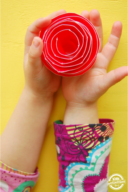




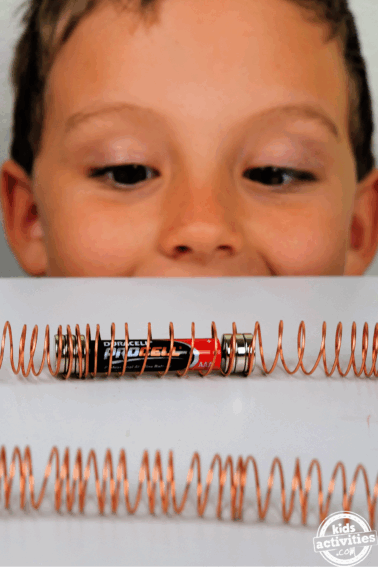
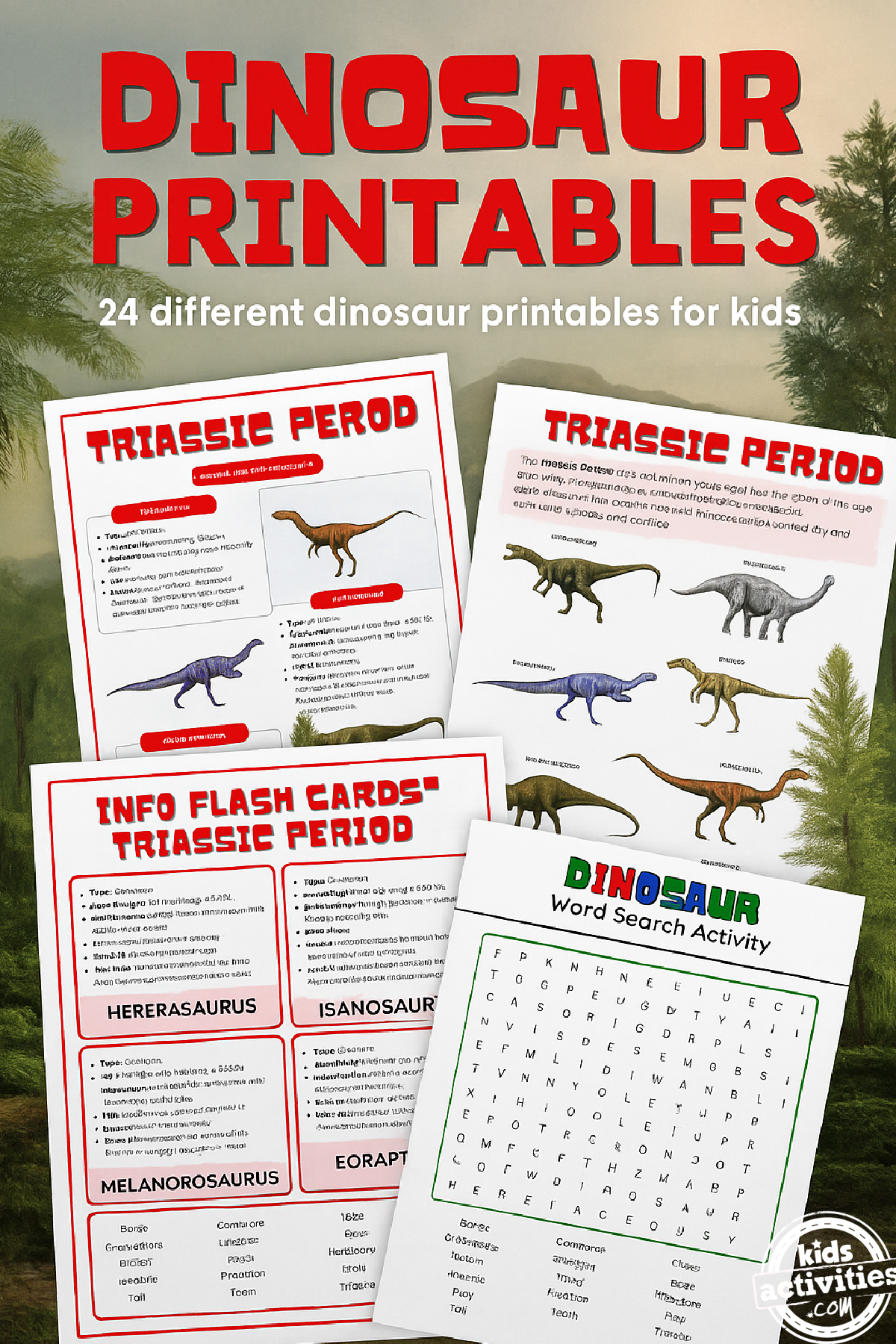
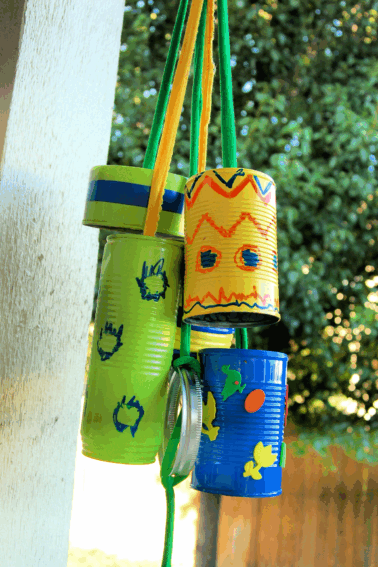
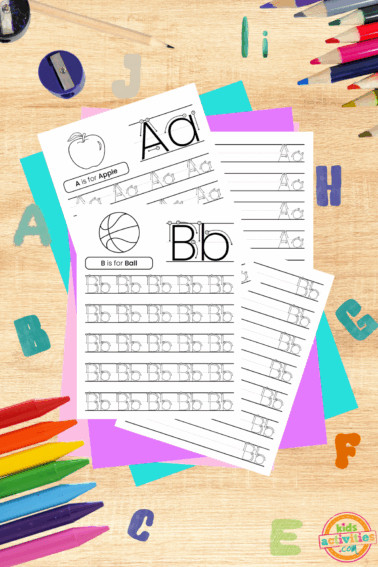









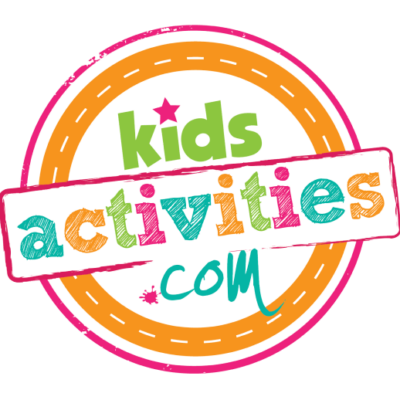
0